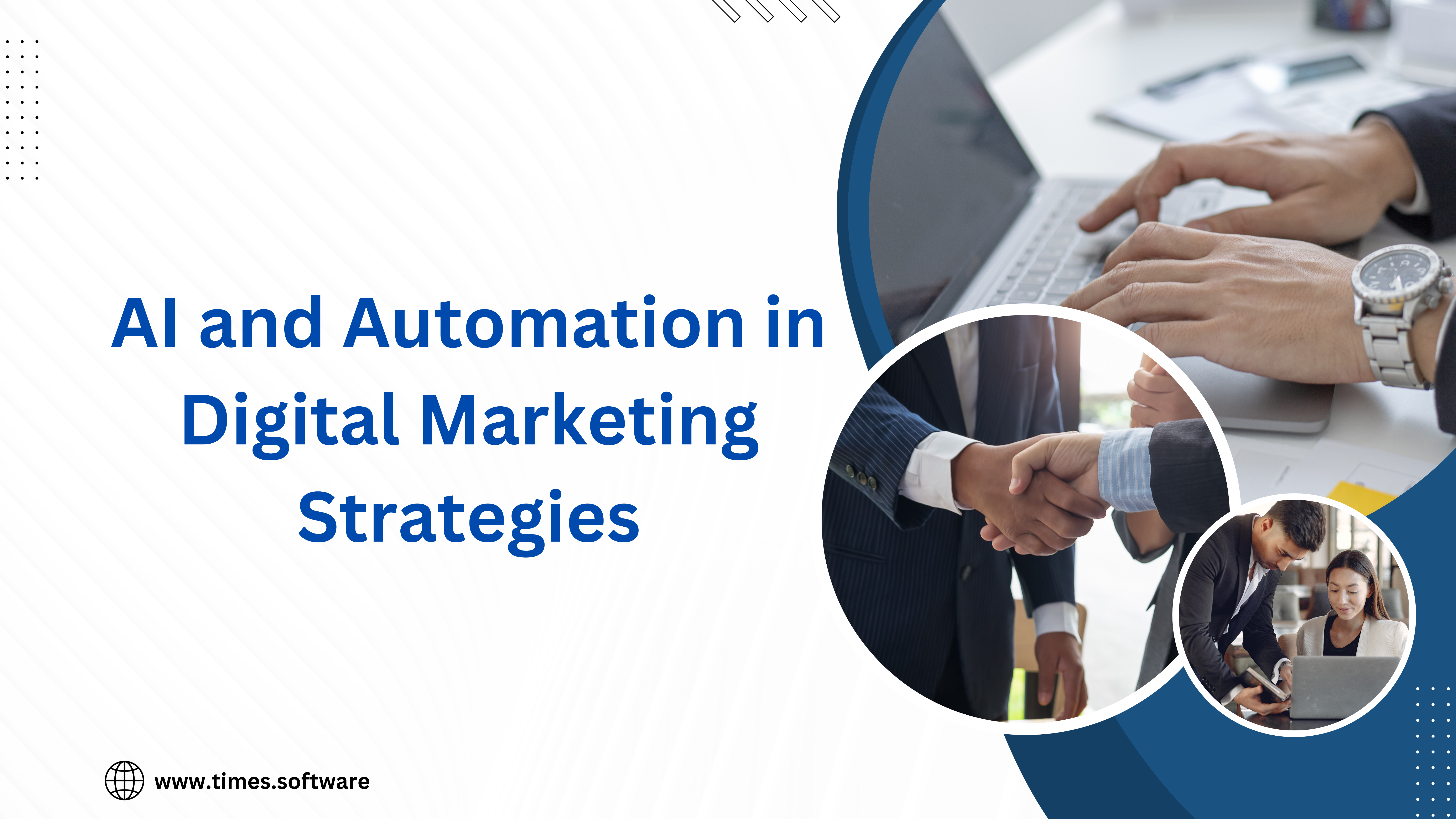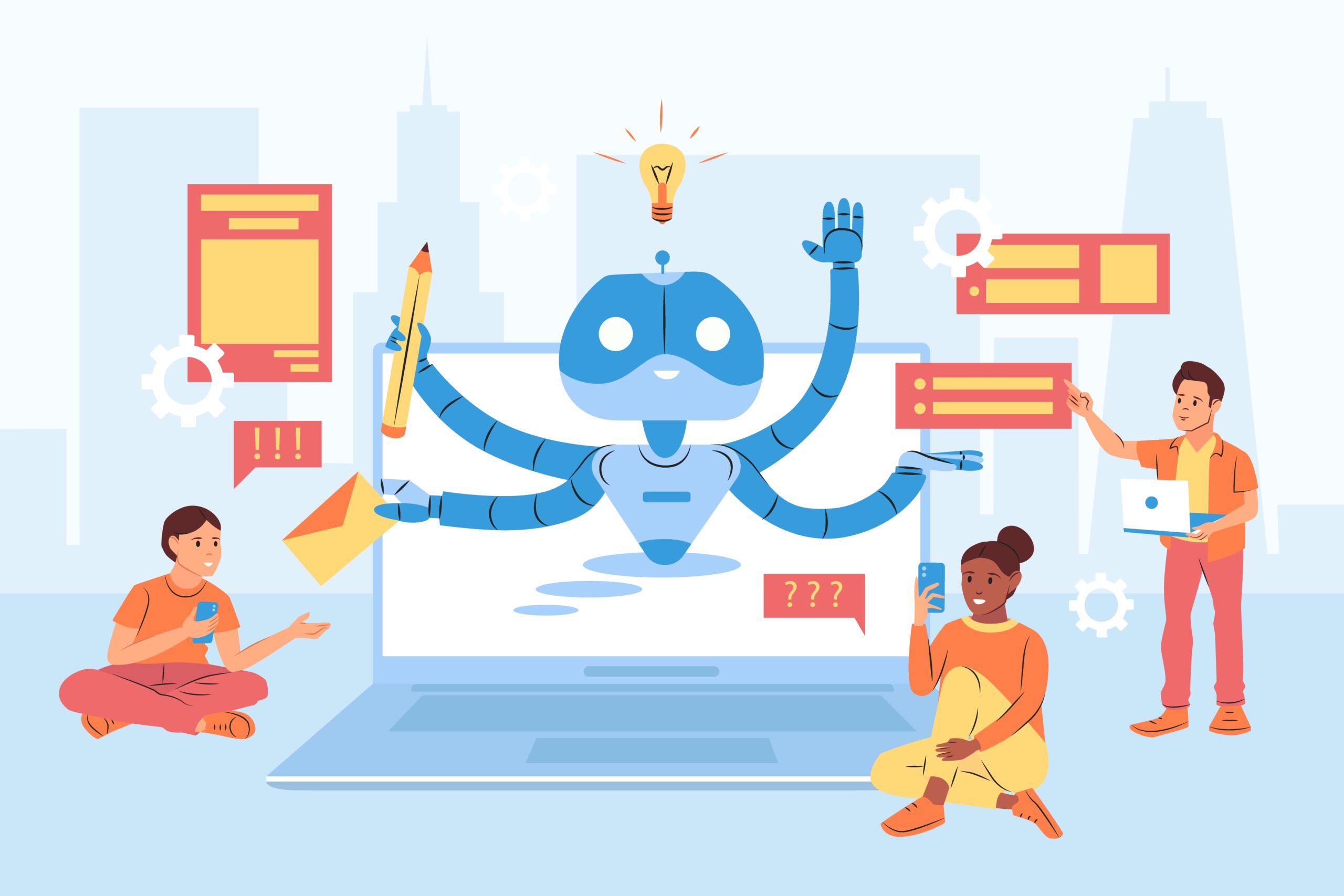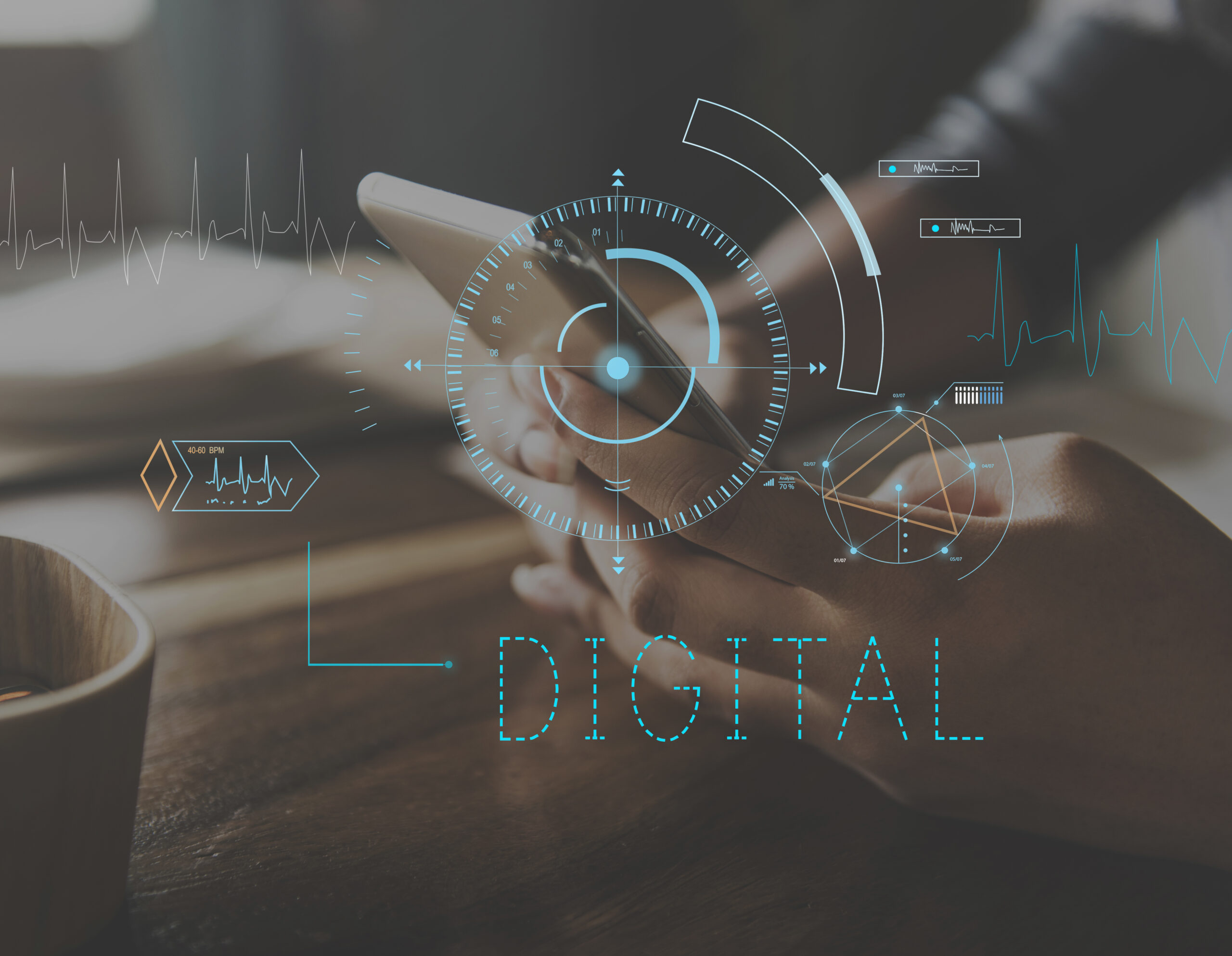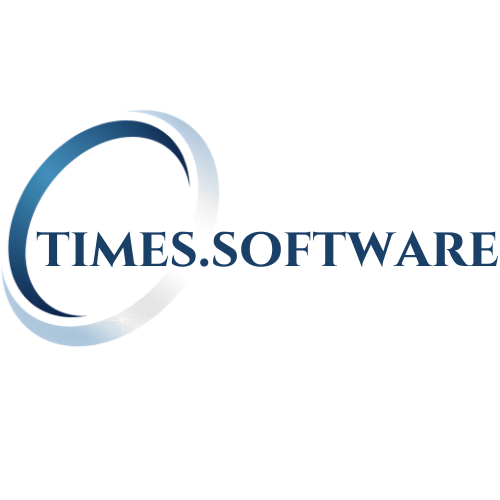
In recent years, Digital Marketing Strategies has undergone an exciting transition, and the incorporation of artificial intelligence (AI) and automation is at the core of this progress. These technical developments have changed how firms interact with their audiences in the digital sphere while also streamlining marketing procedures.
Table of Contents
Evolution of Digital Marketing

Traditional marketing strategies formerly dominated the market. However, the quick emergence of the digital era called for a change in approach. For firms looking to remain relevant and competitive, modern strategies supported by machine learning and robotics have become important.
The Role of AI in Digital Marketing
The ability of AI to swiftly assess massive amounts of data is one of the its main uses in digital marketing. This data-driven model offers priceless insights into consumer trends, preferences, and behavior. AI also makes it possible to design highly customized consumer experiences, increasing the general efficiency of marketing initiatives.
Automation in Marketing Processes
Automation is a must for streamlining challenging marketing processes. For instance, automated email marketing enables companies to send relevant messages at the best moments to increase interaction. With social media scheduling tools, you can maintain a constant online presence across time zones and engage a worldwide audience.
AI-Driven Content Creation
A key component of digital marketing, content generation, has seen enormous shifts as well. AI-powered solutions can create excellent, SEO-friendly content, saving marketers time and verifying that the content is appealing to the target audience.
Enhancing Customer Engagement
By introducing chats and digital assistants, AI has shifted the way that customers interact with brands. These tools enable real-time contact, giving prompt answers to client questions and fostering a more personal exchange.
Predictive Analytics in Marketing

Marketing professionals are able to predict trends and consumer behavior thanks to predictive analytics, which is powered by AI. This foresight enables groups to take sound decisions and improve marketing strategies.
Challenges and Concerns
Despite the clear benefits, introducing AI and automation into Digital Marketing Strategies has its share of difficulties. Serious privacy and data security concerns exist, and there is a danger of relying too heavily on technology, thus losing the human touch in marketing.
Successful Case Studies: AI and Automation in Digital Marketing Strategies
Many businesses have used AI to great effect in their marketing campaigns. Examples of how AI improves user experience and promotes company success include Netflix’s suggested content and Amazon’s suggestion engine.
Future Trends in AI and Automation
Digital marketing’s journey with AI is still very much in progress. It is projected that blending and progress will continue, possibly having an impact on the industry’s set up job categories. Keeping up with these changes is essential for professionals who want to prosper in the always changing environment.
Adapting to the Changes
Marketers must change by learning new skills and using modern technology. The ability to correctly apply AI tools will be in demand in the employment market for digital marketers.
The Human Touch in Digital Marketing
While AI and robotics can be more efficient, it’s still important to balance these technologies with human interaction. When developing effective marketing tactics, creativity, mental agility, and a thorough understanding of human behavior are still important.
Measuring Success with AI
KPIs, or key performance indicators are essential for assessing the success of campaigns powered by AI. Continuous modification for better results is ensured through continuous tracking and strategy modifications depending on these data.
Ethical Considerations
Moral questions are growing in importance as AI grows more common in marketing. To preserve a favorable brand reputation, safe use of AI, transparency in data usage, and consumer trust-building are key.
Also Reads: The Power of Data-Driven Digital Marketing Strategies
Content Marketing: Key to Digital Marketing Strategies
SEO: The Foundation of Digital Marketing Strategies
Paid Advertising in Digital Marketing Strategies
Digital Marketing Strategies for smava Kreditpartnerprogramm DE: A Roadmap to Success
Conclusion: AI and Automation in Digital Marketing Strategies

In summary, a mix of AI and automation with Digital Marketing Strategies is groundbreaking. These technologies are changing the landscape in a number of ways, including data analysis, content development, and customer involvement. Without difficulties, the future looks to bring about even more innovation and progress. Marketers who successfully combine the unique human touch with the abilities of AI will succeed.
Frequently Asked Questions
Q. How is AI used in email marketing?
A. AI is used in email marketing for personalization, optimizing send times, and predicting customer preferences, leading to higher engagement.
Q. What are the ethical considerations in AI-driven marketing?
A. Ethical considerations include responsible data use, transparency, and ensuring that AI doesn’t compromise user privacy.
Q. Can AI completely replace human creativity in marketing?
A. No, AI complements human creativity by handling repetitive tasks, allowing marketers to focus on strategic and creative aspects.
Q. How can businesses adapt to the evolving landscape of digital marketing?
A. Businesses can adapt by investing in employee skill development, staying updated on industry trends, and embracing new technologies.
Q. Is there a risk of job displacement with the rise of AI in marketing?
A. While some traditional roles may evolve, new opportunities for jobs that leverage AI skills are also emerging.
